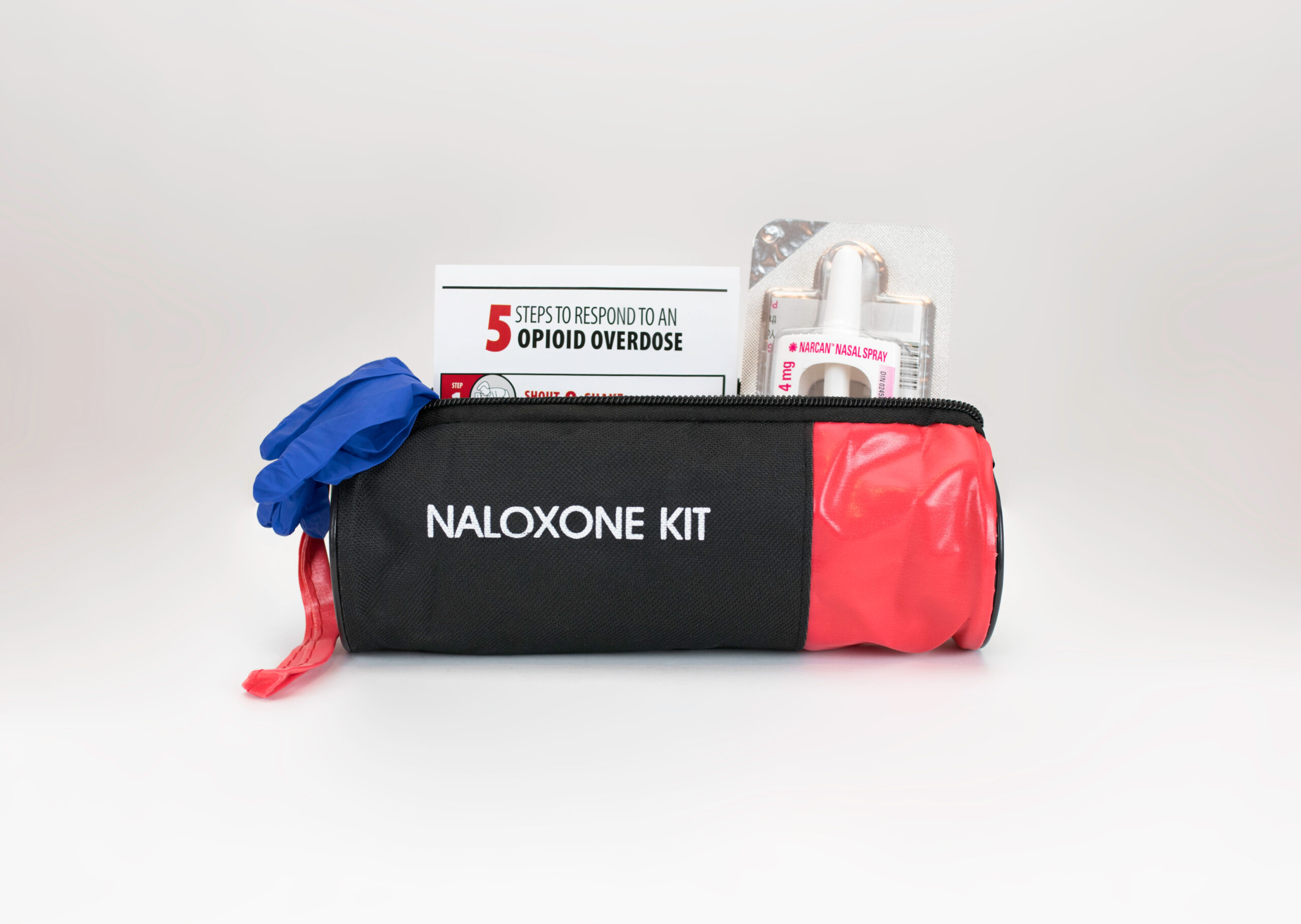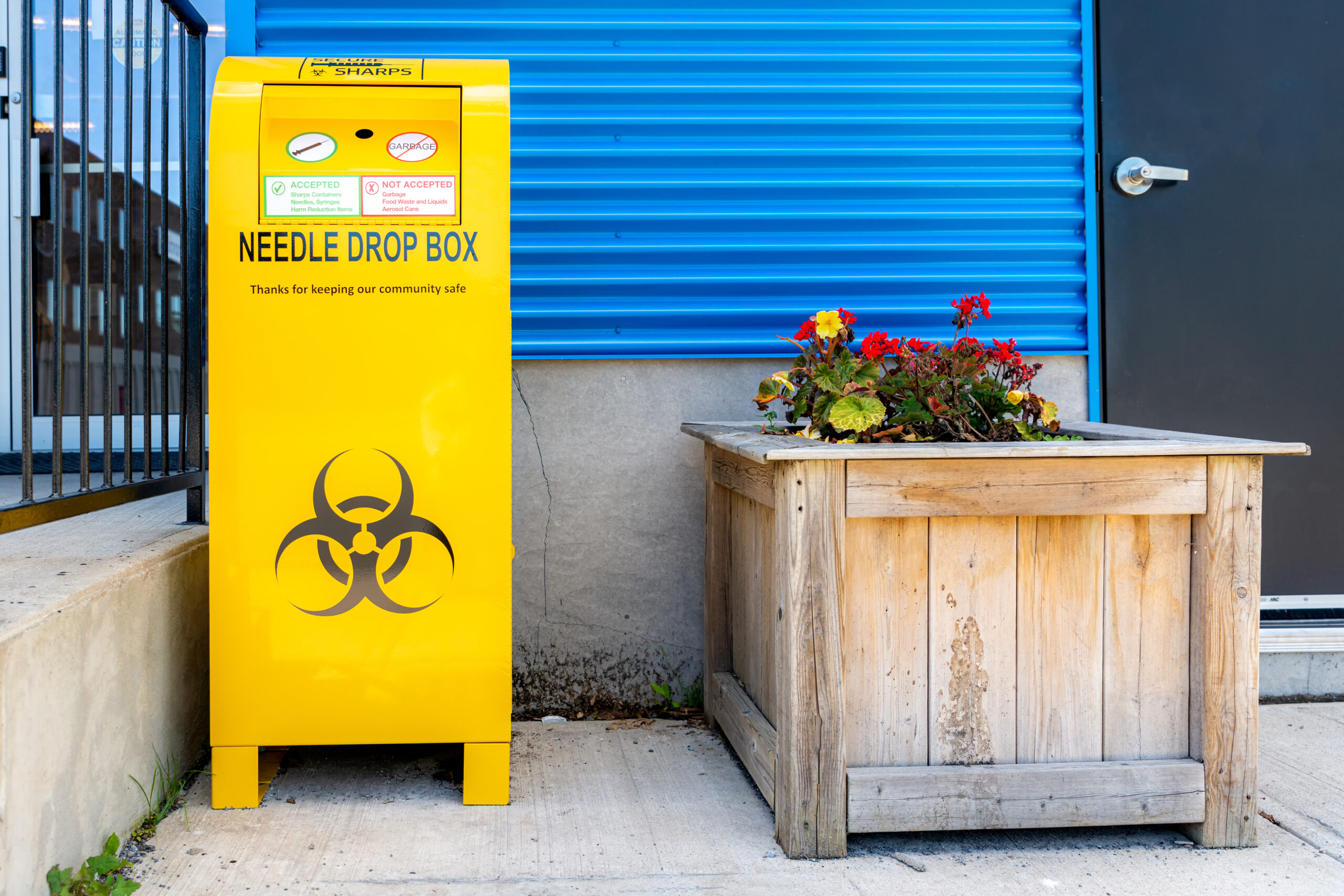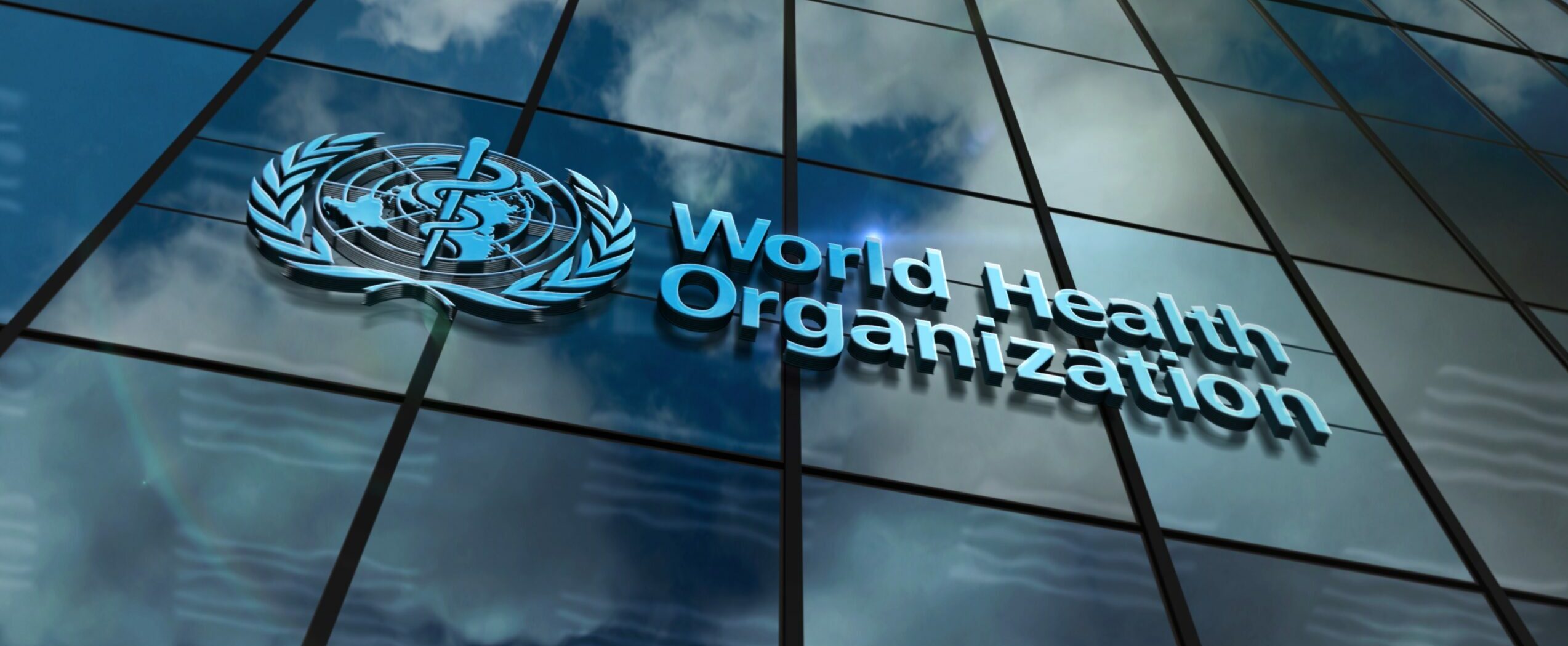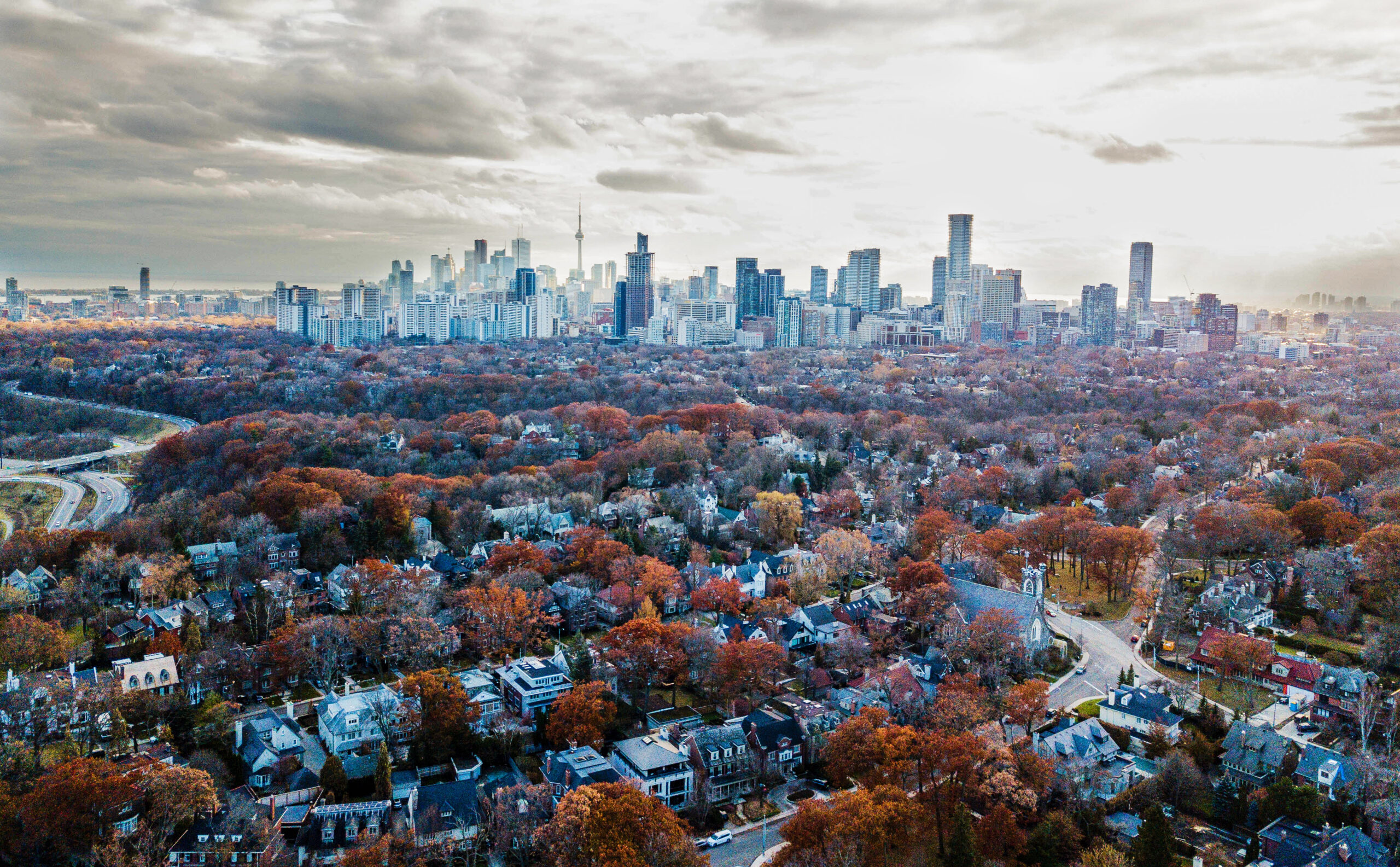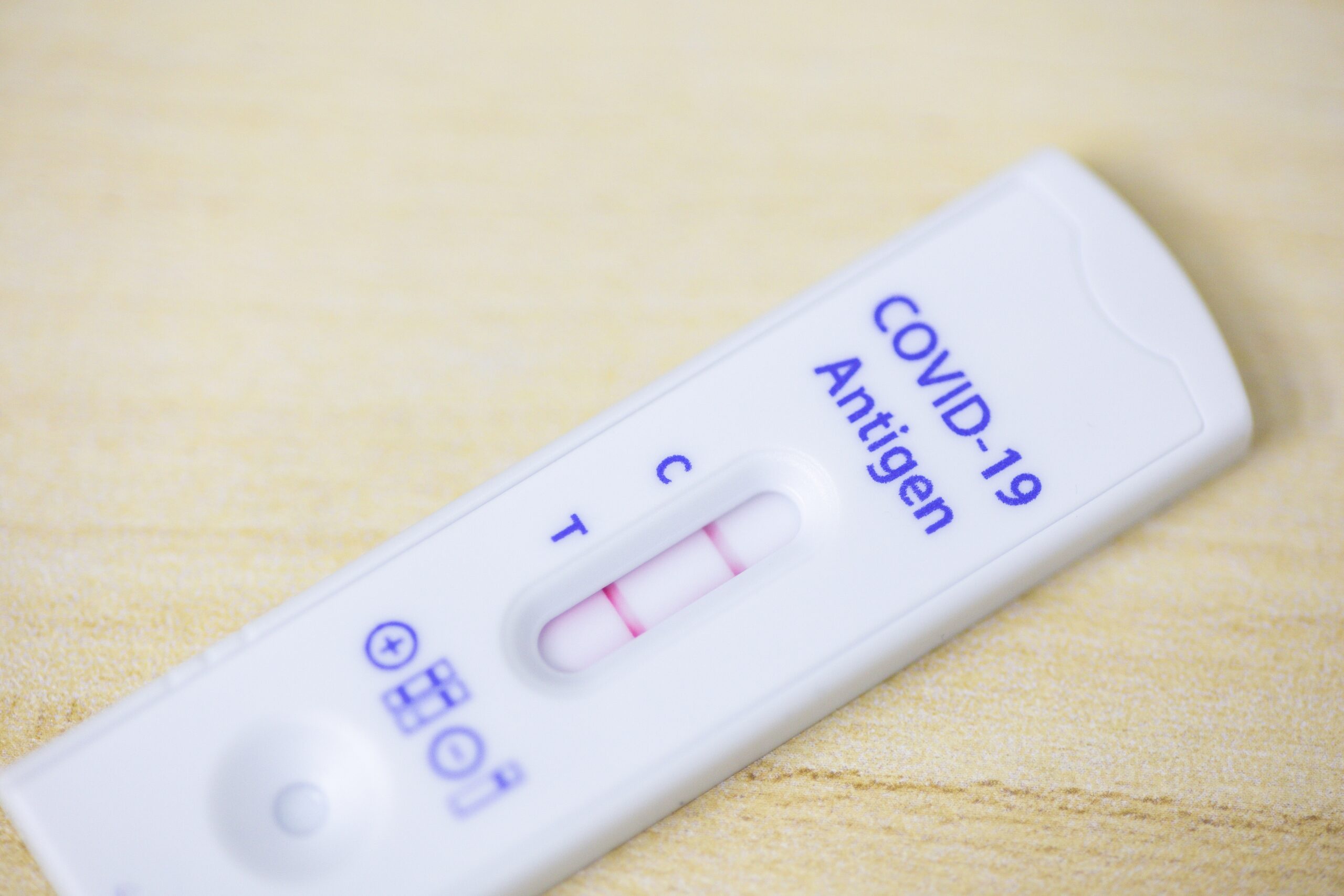Karen McDonald, lead for MAP’s Drug Checking Services, spoke with CTV News about the implications closing safe consumption services on drug checking in Toronto.
Author: Samira Prasad
Experts did not recommend closing Leslieville drug consumption site
Dr. Dan Werb and Zoë Dodd were quoted in this CBC News article covering the Ontario provincial government’s decision to shut down several safe consumption sites.
The province is shutting more than half of Ontario’s supervised consumption sites. Why does it matter to you?
Dr. Ahmed Bayoumi, one of the experts behind a review of safety at consumption sites in Ontario, spoke to CBC Radio about the recent closures throughout the province.
Doug Ford to ban safe injection sites within 200 metres of schools and child-care centres
Dr. Dan Werb spoke with the Toronto Star about the provincial government’s decision to close several safe consumption sites in Ontario.
WHO names mpox a global health emergency for 2nd time as virus surges in Africa
Dr. Darrell Tan spoke with CBC News about the current mpox global health emergency, and the important role of vaccines in curbing it.
Mpox cases surge in Toronto as Africa declares a health emergency
Dr. Darrell Tan spoke with CBC News about the concerning rise in mpox cases in Toronto amid the growing outbreak in The Democratic Republic of Congo.
Toronto Public Health warns of spike in mpox following downtown festivals
Darrell Tan, MAP scientist and clinician in the division of infectious diseases at St. Michael’s Hospital, spoke to the Toronto Star the rise in mpox cases Toronto in recent weeks and data showing an increase in mpox cases among people who have not had any doses of the vaccine.
Homeless Torontonians are dying younger than the general population — and it’s getting worse
Lucie Richard spoke with the Toronto Star about her new study which warns that the gap between life expectancies for housed versus homeless Torontonians has only been growing, and is especially pronounced for younger generations.
‘Not chump change:’ Home prices in Canada strain affluent budgets
Dr. Jim Dunn spoke with The New York Times, sharing insight on what steps the government can take towards providing affordable housing. Dr. Dunn explained that eliminating certain tax exemptions for homeowners would result in tax revune that could be used to build public housing, an initiative largely abandoned decades ago.
Think you have a ‘summer cold’? There’s a good chance it’s COVID-19, doctors say
Dr. Andrew Pinto spoke with The Canadian Press about the summer surge of COVID-19 cases. ”What we’ve seen in Canada is that there has likely been a period of time since people were last infected, so that immunity has waned and also a lot of people didn’t get their COVID vaccines this past fall and winter,” he shared.


